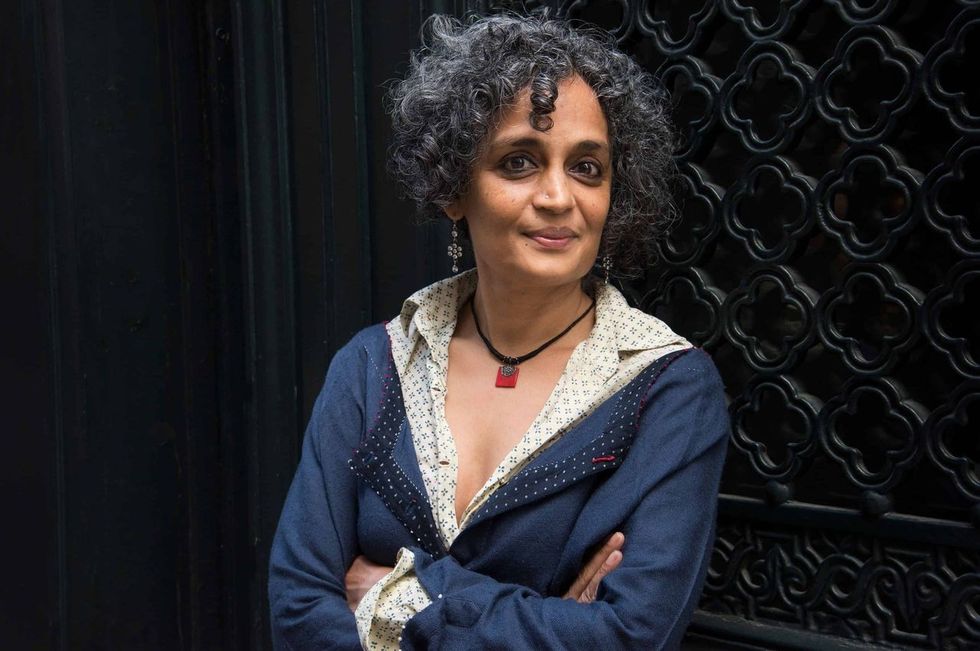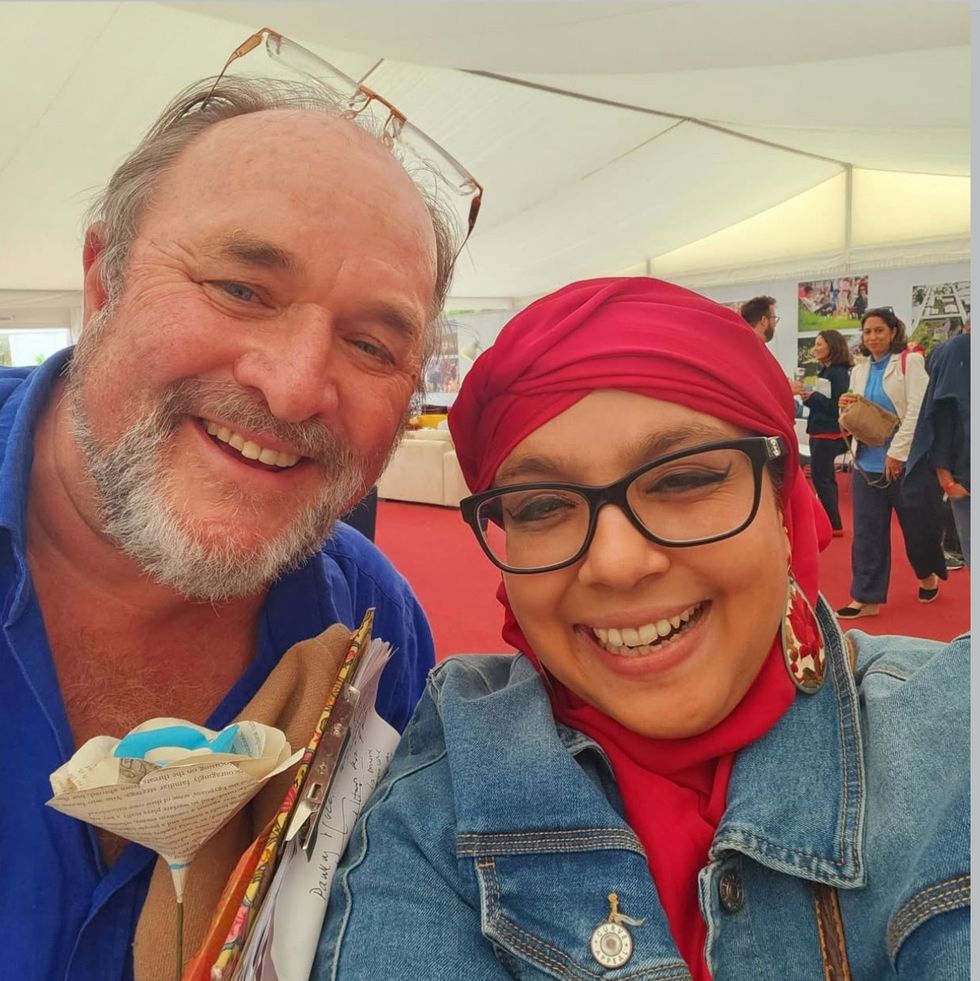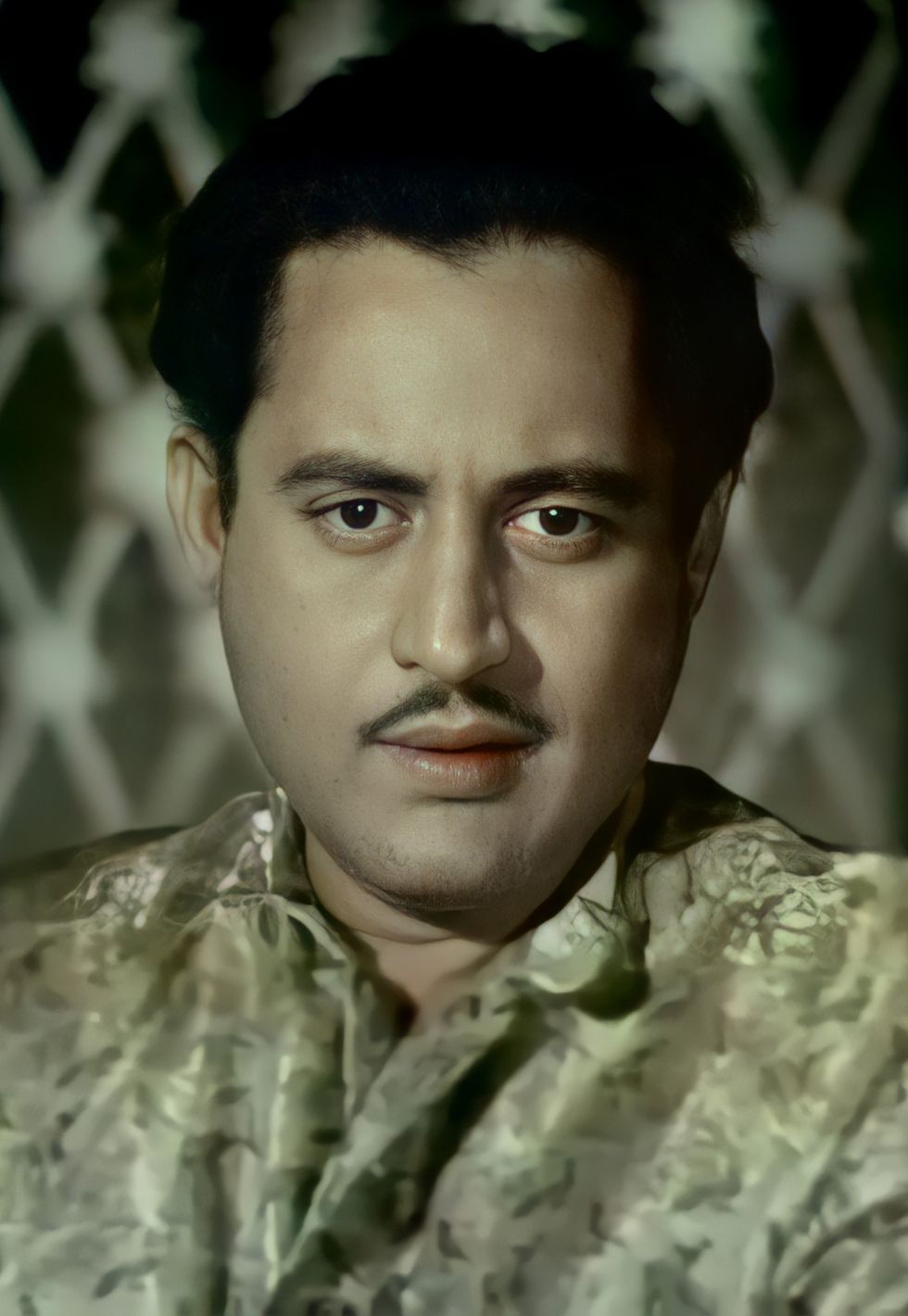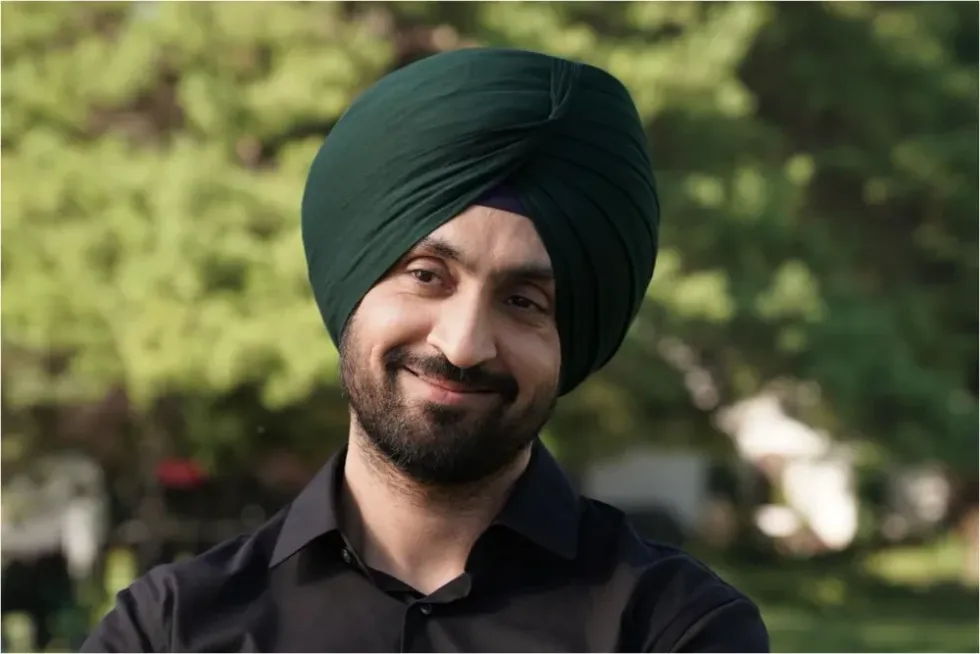By Amit Roy
JASWANT SINGH, who died on September 27, aged 82, was a founder of the Bharatiya Janata Party (BJP) and served variously as India’s finance, external affairs and defence minister.
But most obituaries recalled he was expelled from the BJP for writing a book that was sympathetic to Muhammad Ali Jinnah.
The character of Jinnah has always fascinated me. As a young barrister who had trained in London, Jinnah was hailed by Gopal Krishna Gokhale, the political and social reformer, as “the best ambassador of Hindu-Muslim unity”.
Yet, Jinnah was the one whose demand for a homeland for Muslims led to the partition of India and the creation of Pakistan.
When Jaswant came to London in January 2010 to promote his controversial book, Jinnah: India-Partition-Independence, I went to interview him. His eagle eyes immediately spotted my guilty secret.
“That’s a pirated edition,” he said.
Indeed, I had picked it up for `300 (about £3) from a pavement seller in Park Street in Kolkata just outside the Oxford Bookstore where it was priced at `1,395 (£14.72).
I then attended the press conference he gave in a committee room in the House of Commons, where there were as many eager Pakistani journalists as there were Indian.
The former called him “an ambassador of peace”, a compliment Jaswant acknowledged with modesty: “I am a soldier in the campaign for expanding the constituency of peace.”
Jaswant was even-handed for he observed: “We were wrong to treat Jinnah as a demon in India, just as I think Pakistan is wrong to treat Gandhi as a demon.”
He summed up nearly 700 pages on Jinnah in one sound bite: “He was a very straight man. At times he was exasperating in his determination and his fixed points. His transition from being an ambassador of Hindu-Muslim unity to the Quaid-e-Azam of Pakistan is an account of barely 1917 to 1947 – (in) 30 years this transition took place.
“He remains an ambassador of Hindu-Muslim unity until he realises he can now no longer achieve what he has to achieve if he continues to pursue the policy of Hindu- Muslim unity. So he changes.
“Is that a good or a bad thing for a politician? Why did he change? He created Pakistan, not the Pakistan of his dreams, what he himself called a ‘moth-eaten Pakistan’, as a compromise. He wanted a place for the Muslims of undivided India so that they could be arbiters of their own social, economic and political destiny. He wanted 30 per cent of the seats in the central legislature and was ready to come down to 20 per cent in the final days.
“I don’t think he really wanted a separate Pakistan because that is perhaps why he was never able to define Pakistan. The thesis that Muslims are a separate nation is not a sustainable thesis.”
India is now big enough – and strong enough – to tolerate and, indeed, welcome views that contradict conventional wisdom.





 LONDON, ENGLAND - JUNE 22: Baroness Floella Benjamin speaks during the unveiling of the National Windrush Monument at Waterloo Station on June 22, 2022 in London, England. The photograph in the background is by Howard Grey. (Photo by John Sibley - WPA Pool/Getty Images)
LONDON, ENGLAND - JUNE 22: Baroness Floella Benjamin speaks during the unveiling of the National Windrush Monument at Waterloo Station on June 22, 2022 in London, England. The photograph in the background is by Howard Grey. (Photo by John Sibley - WPA Pool/Getty Images)









 Ed Sheeran and Arijit Singh
Ed Sheeran and Arijit Singh Aziz Ansari’s Hollywood comedy ‘Good Fortune’
Aziz Ansari’s Hollywood comedy ‘Good Fortune’ Punjabi cinema’s power-packed star cast returns in ‘Sarbala Ji’
Punjabi cinema’s power-packed star cast returns in ‘Sarbala Ji’ Mahira Khan
Mahira Khan ‘Housefull 5’ proves Bollywood is trolling its own audience
‘Housefull 5’ proves Bollywood is trolling its own audience Brilliant indie film ‘Chidiya’
Brilliant indie film ‘Chidiya’  John Abraham
John Abraham Hina Khan and her long-term partner Rocky Jaiswal
Hina Khan and her long-term partner Rocky Jaiswal  Shanaya Kapoor's troubled debut
Shanaya Kapoor's troubled debut Sana Yousuf
Sana Yousuf



 Shraddha Jain
Shraddha Jain Arundhati Roy
Arundhati Roy William Dalrymple and Onjali Q Rauf
William Dalrymple and Onjali Q Rauf Ravie Dubey and Sargun Mehta
Ravie Dubey and Sargun Mehta Money Back Guarantee
Money Back Guarantee Homebound
Homebound Guru Dutt in Chaudhvin Ka Chand
Guru Dutt in Chaudhvin Ka Chand Sarita Choudhury
Sarita Choudhury Detective Sherdi
Detective Sherdi